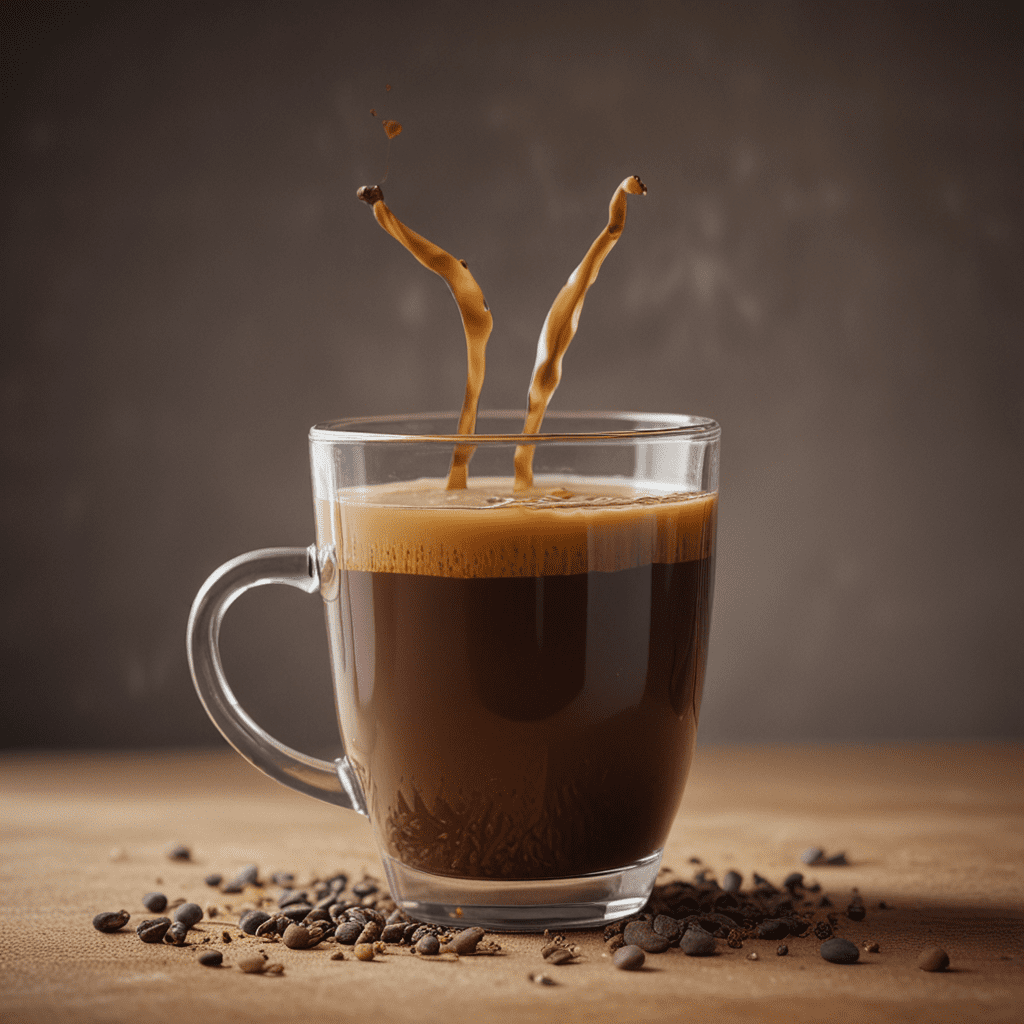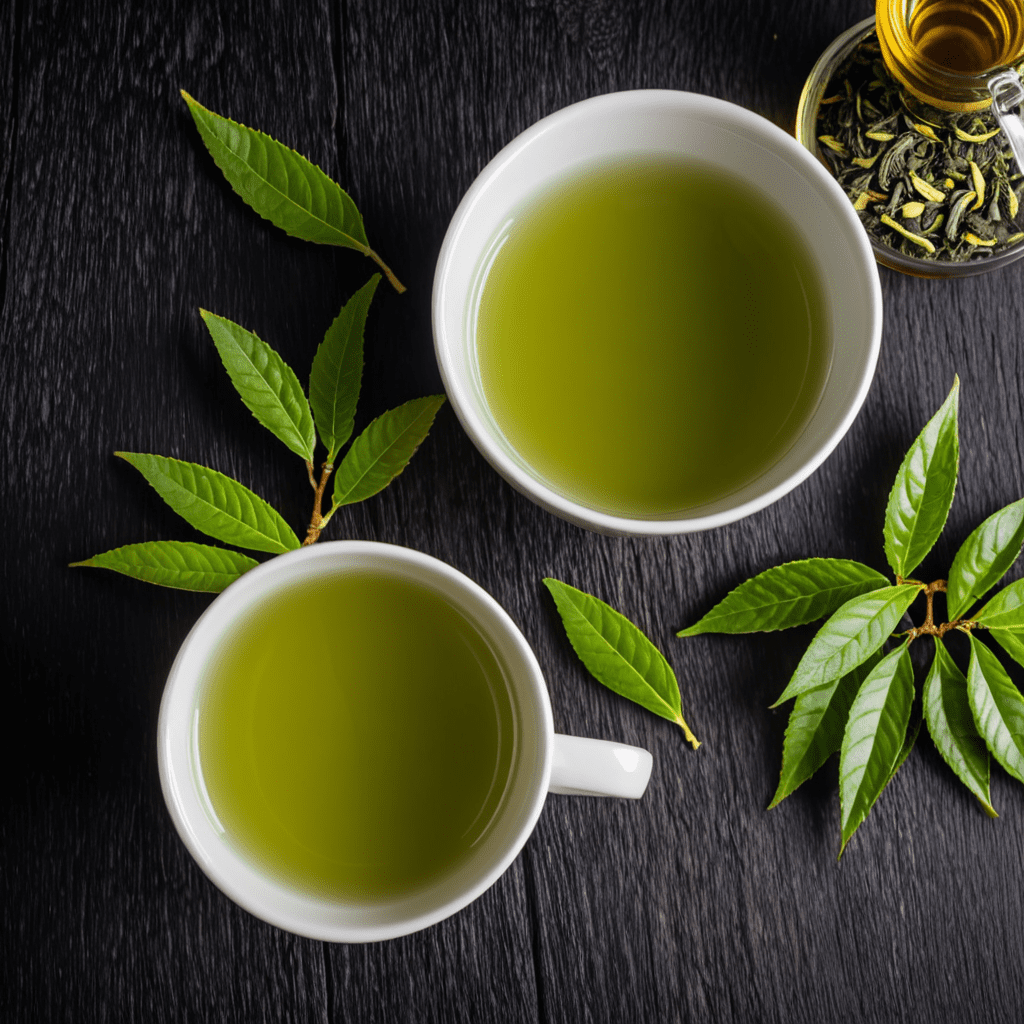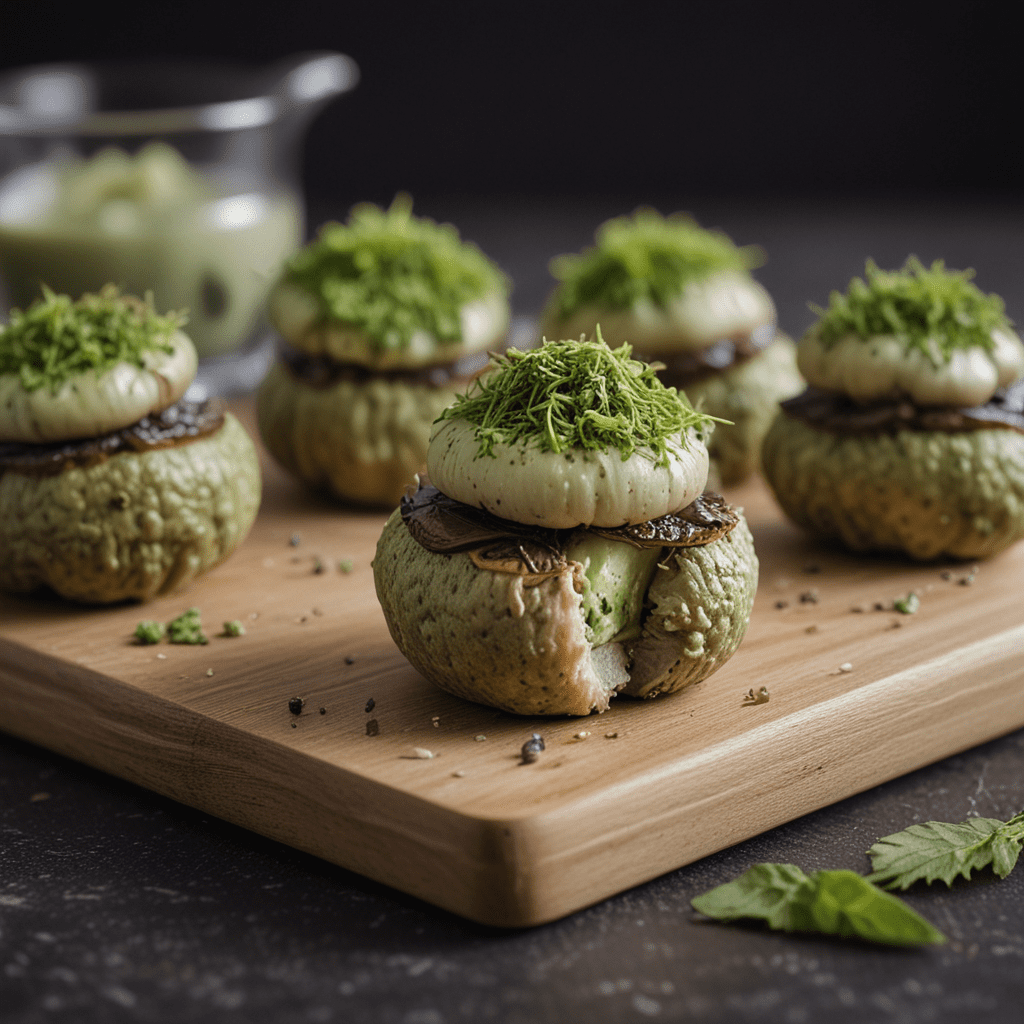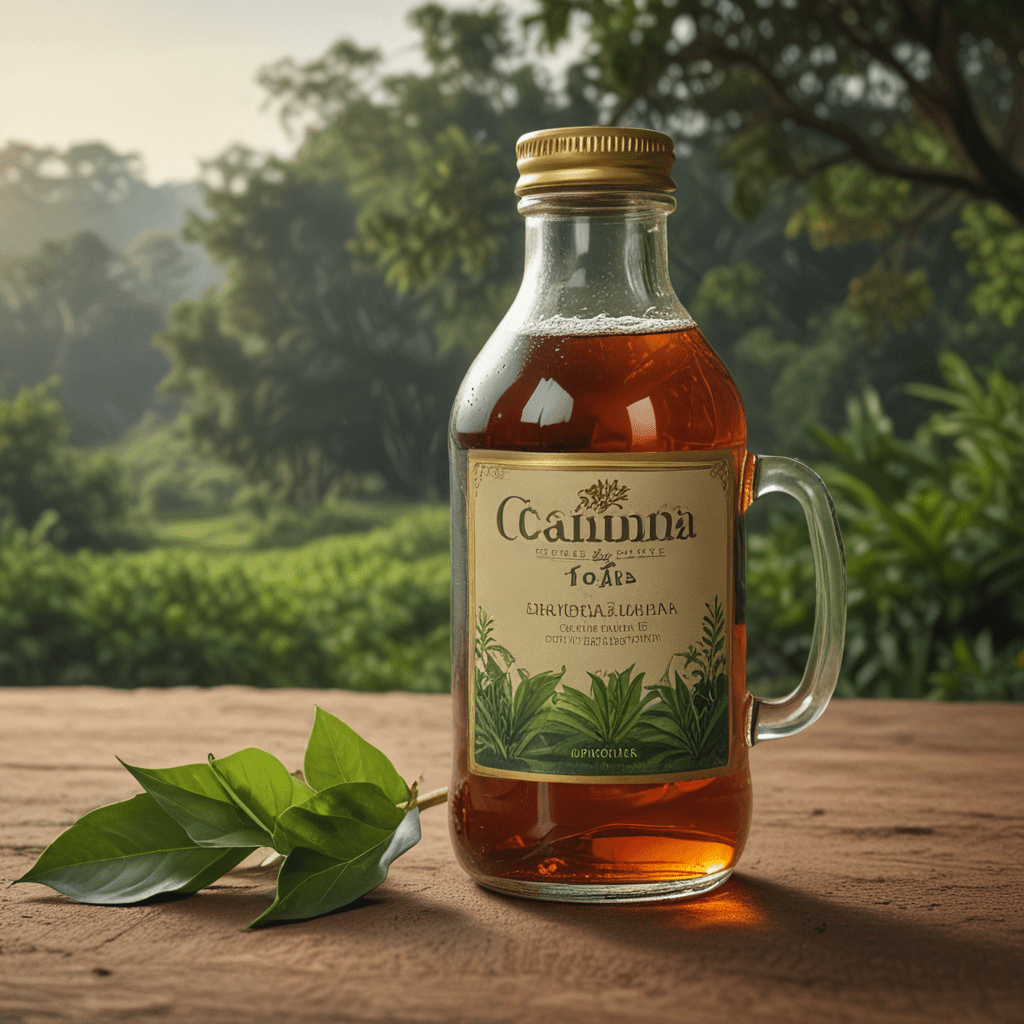1. Introduction to Chai Tea: A Timeless Delicacy
Chai tea, a revered beverage steeped in history and tradition, has captured the hearts and palates of tea enthusiasts worldwide. Its enchanting aroma, captivating flavors, and therapeutic properties have made it an integral part of countless cultures. This timeless delicacy, originating from the Indian subcontinent, has evolved over centuries, becoming a beloved concoction enjoyed across the globe.
2. Exploring the Origins and History of Chai
The origins of chai tea can be traced back to ancient India, where Ayurvedic practitioners blended spices with tea to create invigorating and healing elixirs. As trade routes flourished, these aromatic blends found their way to other parts of the world, including the Middle East, Europe, and eventually, the Americas. Over time, regional variations emerged, each infusing chai tea with unique flavors and cultural influences.
3. Unraveling the Blend: Common Chai Tea Spices
The heart of chai tea lies in its symphony of spices. Traditional blends typically incorporate a harmonious balance of aromatic spices, including cinnamon, cardamom, ginger, cloves, and black pepper. These spices not only impart captivating flavors but also possess therapeutic properties, contributing to chai tea's reputation as a holistic beverage.
4. Sourcing the Finest Ingredients: Essential Tips
To craft an exceptional cup of chai tea, it's paramount to source premium ingredients. Choose high-quality loose-leaf black tea, ensuring a rich, robust flavor base. Opt for whole spices for maximum freshness and aroma, grinding them just before brewing to unleash their full potential. Freshly grated ginger adds a vibrant zest, while a touch of cardamom enhances the blend's aromatic complexity.
5. Understanding the Brewing Process: Traditional Methods
The traditional method of brewing chai tea involves simmering the tea leaves and spices in a pot of water or milk. Bring the mixture to a gentle boil, then reduce heat and let it simmer for 10-15 minutes, allowing the flavors to meld harmoniously. Strain the tea into cups, add a touch of sweetener if desired, and savor the warm, aromatic elixir.
6. Exploring Modern Techniques: Chai Tea Concentrate
For those seeking convenience and precision, chai tea concentrate offers a versatile option. This pre-mixed blend of spices and tea leaves allows for quick and consistent preparation. Simply dilute the concentrate with hot water or milk, adjust the sweetness to taste, and savor the authentic chai experience effortlessly.
7. Customization and Variations: Tailoring Your Perfect Cup
The beauty of chai tea lies in its adaptability to personal preferences. Experiment with different spice ratios to create a blend that suits your palate. Add a touch of honey or maple syrup for sweetness, or incorporate a dash of vanilla extract for an extra layer of flavor. For a refreshing twist, consider iced chai tea, perfect for warm weather enjoyment.
8. Pairing Chai with Food: Culinary Harmonies
Chai tea's versatility extends beyond its solo consumption. It pairs exceptionally well with various culinary delights. Enjoy it alongside sweet pastries, such as scones or muffins. Its aromatic profile complements savory dishes, including curries, soups, and roasted vegetables. The warmth and spice of chai also make it an ideal accompaniment to desserts, like pies and cakes.
9. Health Benefits and Wellness Properties
Beyond its captivating flavors, chai tea is renowned for its potential health benefits. The spices used in the blend, such as ginger and cinnamon, possess anti-inflammatory and antioxidant properties. Chai tea may aid digestion, boost immunity, and provide a calming effect. Some studies suggest that regular consumption of chai tea may reduce stress levels and improve heart health.
10. Cultural Significance and Rituals: Chai as a Social Elixir
Chai tea holds deep cultural and social significance in many parts of the world. In India, it is a staple beverage, often served as a gesture of welcome and hospitality. Chai stalls are ubiquitous, providing a communal space for locals to gather, converse, and enjoy the soothing warmth of this beloved drink.
FAQ (Frequently Asked Questions)
What is the best type of tea to use for chai?
Black tea is traditionally used as the base for chai tea. Assam tea, with its robust and malty flavor, is a popular choice.
Can I make chai tea without milk?
Yes, you can prepare chai tea without milk. Simply substitute water for milk and adjust the sweetness as desired.
How long can I store chai tea concentrate?
Store chai tea concentrate in an airtight container in the refrigerator for up to 2 weeks.
What are some variations of chai tea?
Variations of chai tea include masala chai (spiced chai), cardamom chai (emphasizing cardamom flavor), and saffron chai (infused with saffron strands).



